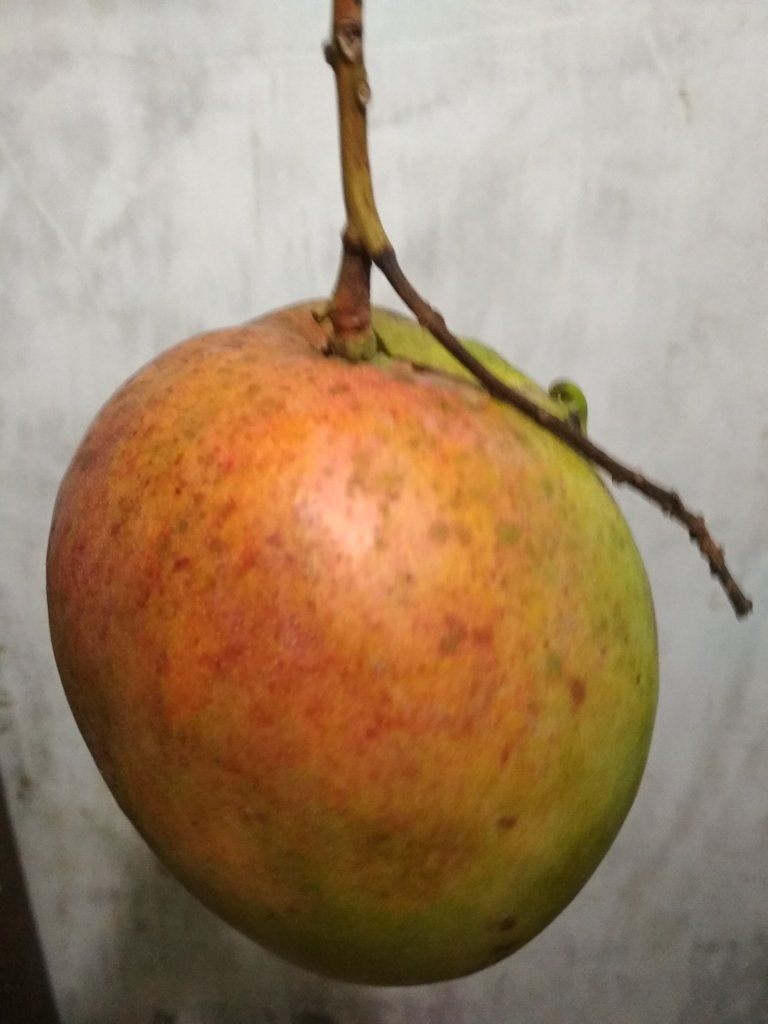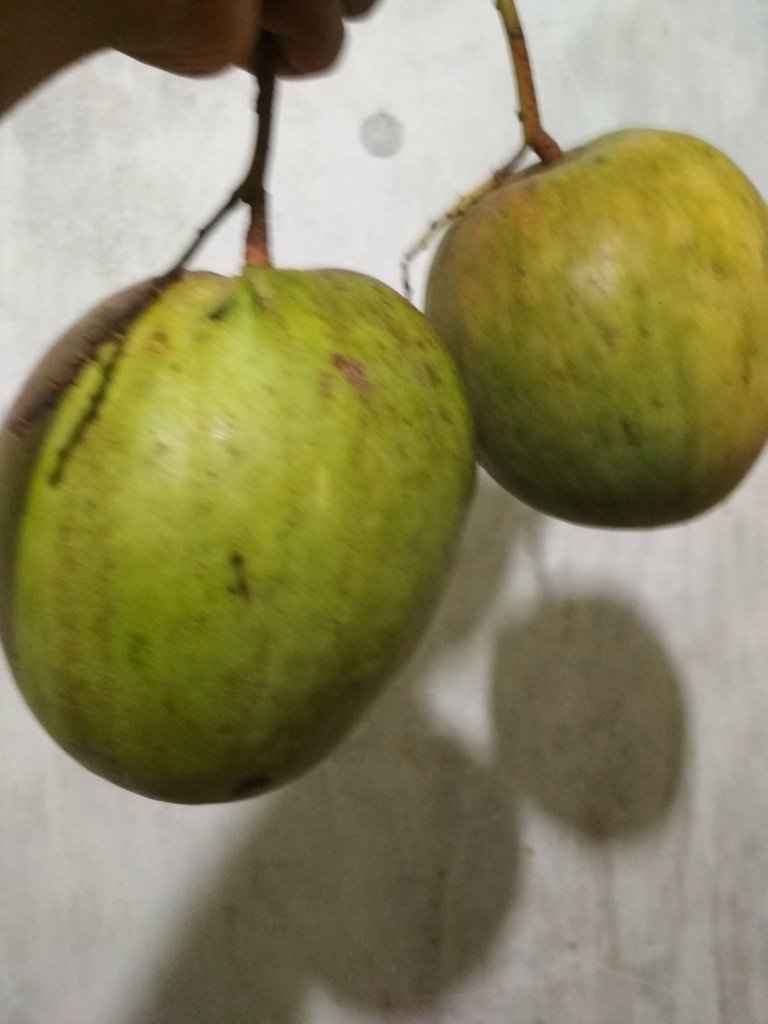
1. Source of antioxidants
Inside the mango fruit is a source of beta-carotene, vitamin C and potassium. Beta-carotene is a substance that in the body will be converted into vitamin A (a nutrient important for retinal function). Beta-carotene (and vitamin C) is also classified as an antioxidant, a compound that can provide protection against cancer because it can neutralize free radicals.
2. High content of vitamin C
The content of vitamin C mango is quite worthy to be taken into account. Every 100 grams of edible mango portion supplies 41 mg of vitamin C, young mango even up to 65 mg. Means, by consuming 150 grams of mango grass or mango golek 200 grams (1/2 small fruit fruit), vitamin C sufficiency is recommended for men and women per day per adult (60 mg each) can be met.

3. Abundant potassium content
Potassium is abundant in mangoes. Each 100 grams of mango contained potassium of 189 mg. By consuming a very small fragrant mango (at least 250 grams), or a medium-sized mango (200-250 g), potassium adequacy of 400 mg per day can be fulfilled.
4. Helps
digestion Mangoes have digestive enzymes that can help break down proteins and help the digestive process
5. Good for memory Glutamine is present in the mango.
Glutamine is a very useful compound in improving memory. Although the mango fruit has many benefits, but should not over consume it. Mango fruit contains acids that can make our teeth become easily porous.

Hahaj
Mantap
Ayyay
Ek ulee teh
Op